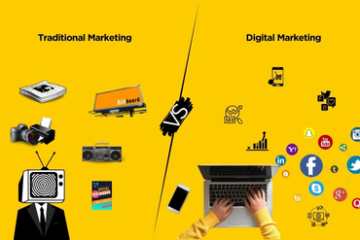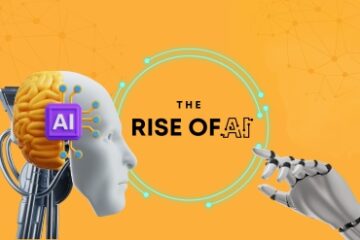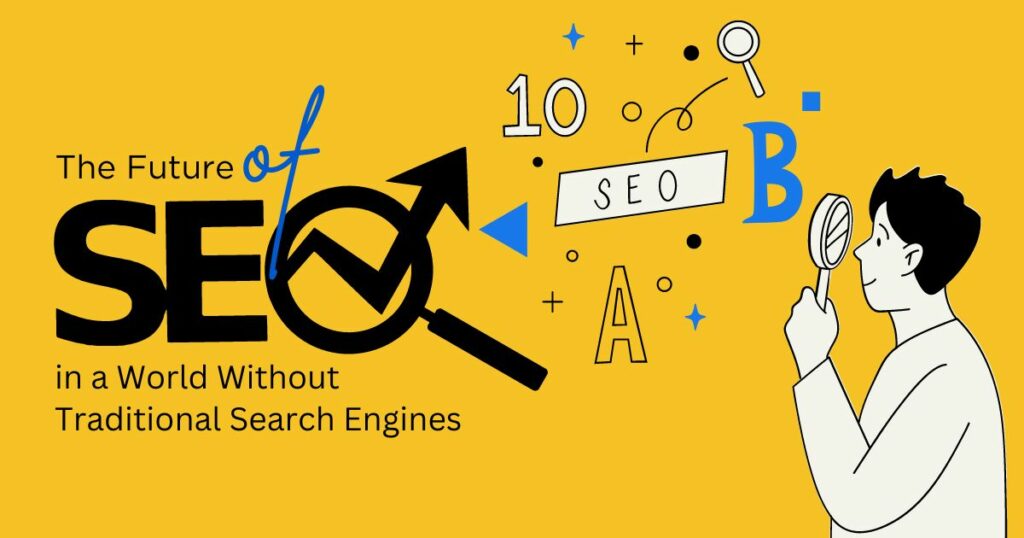
The digital landscape is in a constant state of evolution, with new technologies frequently disrupting established norms. One such disruptive force is ChatGPT, an AI language model developed by OpenAI, which has demonstrated impressive capabilities in natural language processing. This raises an intriguing question: What would happen to Search Engine Optimization (SEO) if ChatGPT and similar AI models rendered traditional search engines obsolete? What will be the future of SEO?
This blog will explore the potential future of SEO in a world where AI-driven conversational agents replace traditional search engines. We will explore the implications for digital marketing, content creation, user experience, and the strategies businesses must adopt to stay competitive. So, without further delay, let’s get started.
Table of Contents
The Current State of SEO

To understand the future of SEO, it’s essential to grasp the present. SEO has long been a cornerstone of digital marketing, enabling businesses to attract and engage audiences through organic search results.
SEO today revolves around optimizing content to rank highly on search engine results pages (SERPs) for specific keywords. This involves a mix of on-page and off-page strategies, including:
Keyword Research: Identifying terms and phrases users are searching for.
Content Optimization: Creating high-quality, relevant content that incorporates target keywords.
Technical SEO: Ensuring website infrastructure supports search engine crawling and indexing.
Link Building: Acquiring backlinks from reputable sites to improve authority.
User Experience (UX): Enhancing site design and functionality to reduce bounce rates and increase engagement.
These elements work together to help businesses achieve visibility, drive traffic, and convert visitors into customers.
The Rise of AI and Conversational Agents
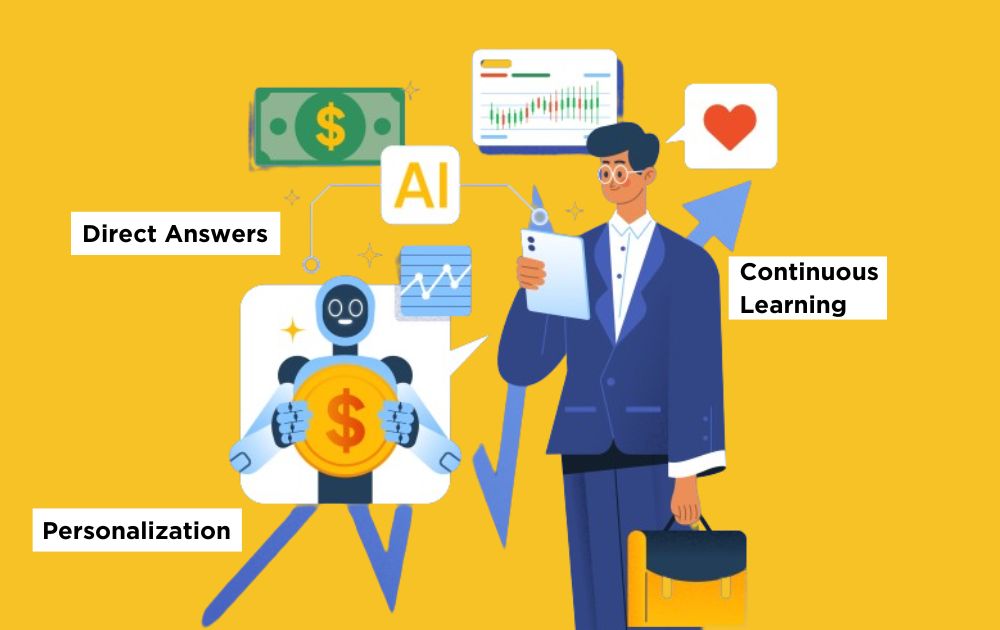
AI has made significant strides in recent years, with ChatGPT being a prime example. These AI models can understand and generate human-like text, making them useful for a variety of applications, from customer service to content creation. Unlike traditional search engines that rely on algorithms to rank web pages, conversational agents provide direct answers to user queries, simulating human conversation.
Advantages of Conversational Agents
Direct Answers: They provide immediate, precise responses, reducing the need for users to sift through multiple search results.
Personalization: AI can tailor responses based on user history and preferences, enhancing the user experience.
Continuous Learning: These models improve over time as they learn from interactions, becoming more accurate and helpful.
As these agents become more capable, the way people seek information online is likely to change dramatically, influencing the future of SEO.
How ChatGPT Could Replace Search Engines
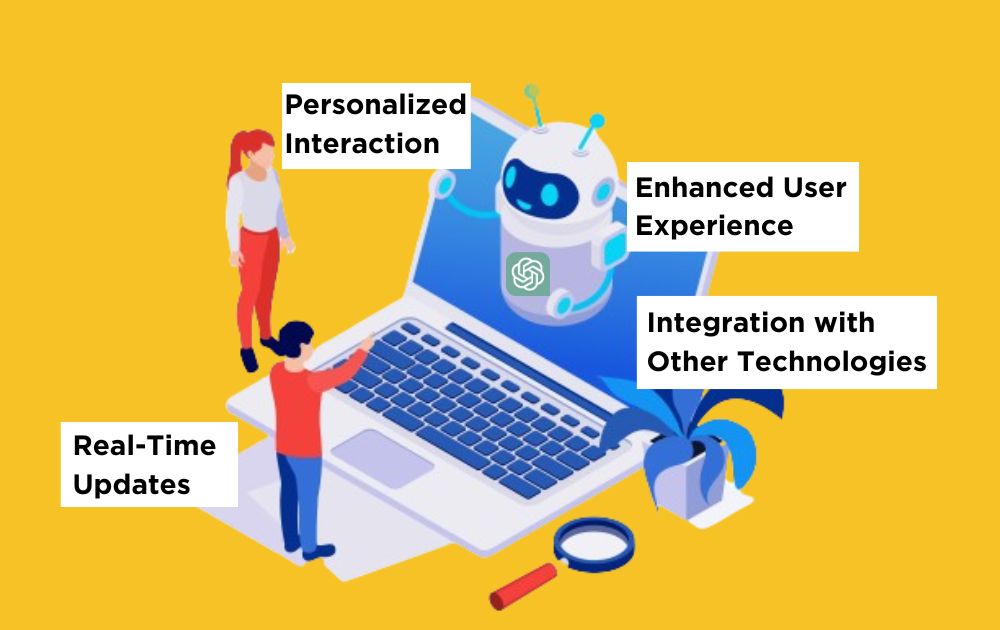
ChatGPT and similar AI models could potentially replace traditional search engines by offering a more streamlined and user-friendly way to access information. Here’s how:
Personalized Interaction
Instead of typing keywords into a search bar and navigating through a list of links, users could engage in a conversation with an AI agent that understands their needs and provides customized answers.
Enhanced User Experience
With the ability to comprehend context and nuance, AI agents can offer more relevant and accurate information, improving the overall user experience.
Integration with Other Technologies
These AI agents can be integrated into various platforms and devices, from smartphones to smart home systems, making information retrieval even more seamless and accessible.
Real-Time Updates
AI models can access and process real-time data, ensuring that users receive the most current information available.
In this scenario, the traditional approach to SEO would no longer apply, necessitating a fundamental shift in strategy, marking a new phase in the future of SEO.
Implications for SEO
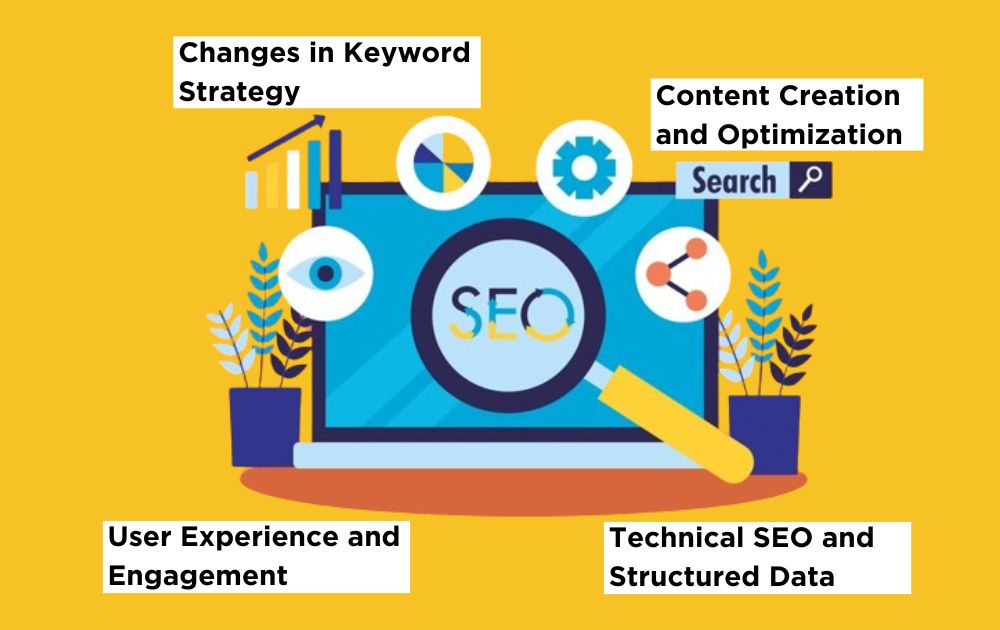
The replacement of search engines with AI conversational agents would have far-reaching implications for SEO. Here’s how the key aspects of SEO might change:
Changes in Keyword Strategy
Current State: SEO relies heavily on keyword research and optimization. Businesses identify relevant keywords and incorporate them into their content to rank higher in search results.
Future Scenario: With AI agents, the focus would shift from keyword-centric strategies to natural language processing (NLP). Businesses would need to understand how AI interprets user queries and tailors responses. This means optimizing content for conversational language and intent rather than specific keywords, highlighting the future of SEO.
Content Creation and Optimization
Current State: Content is optimized to rank well on SERPs, often involving a balance between keyword density, readability, and engagement.
Future Scenario: Content would need to be more focused on answering specific user queries directly and effectively. High-quality, authoritative content that provides clear, concise answers would be prioritized. Long-form content might still be valuable but would need to be structured in a way that allows AI to extract and present relevant information easily.
User Experience and Engagement
Current State: User experience plays a crucial role in SEO, with factors like site speed, mobile-friendliness, and navigation impacting rankings.
Future Scenario: User experience would be redefined by how well content is integrated with AI interactions. Seamless integration with conversational agents, ensuring that users can easily find and engage with information through AI, would become paramount, shaping the future of SEO.
Technical SEO and Structured Data
Current State: Technical SEO involves optimizing website architecture, using schema markup, and ensuring efficient crawling and indexing by search engines.
Future Scenario: Structured data would become even more critical, as AI models rely on well-organized information to deliver accurate responses. Ensuring content is easily parseable by AI and using advanced data markup techniques would be essential in the future of SEO.
Future of SEO: Adapting to the New SEO Landscape
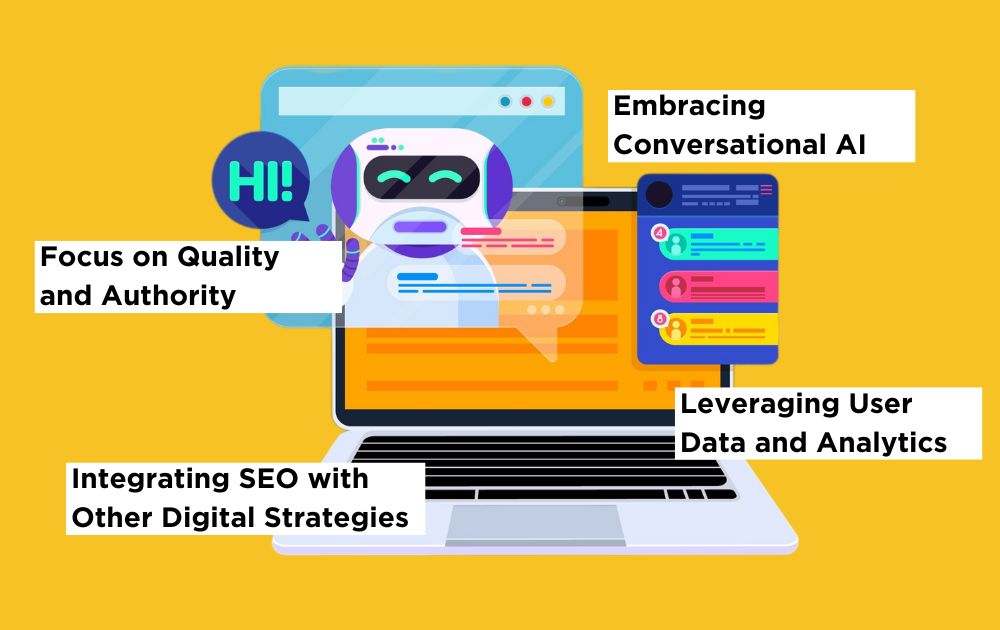
As AI-driven conversational agents become more prevalent, businesses will need to adapt their SEO strategies. Here are some approaches to consider:
Embracing Conversational AI
Businesses should explore ways to integrate conversational AI into their digital strategies. This could involve developing AI-powered chatbots for customer service or creating interactive content that leverages AI to provide personalized experiences.
Focus on Quality and Authority
High-quality, authoritative content will remain crucial. However, the emphasis will be on creating content that AI can easily interpret and use to answer user queries. This means focusing on clear, concise, and well-structured information.
Leveraging User Data and Analytics
Understanding user behavior and preferences will be key to optimizing content for AI interactions. Businesses should leverage data analytics to gain insights into how users interact with AI agents and adjust their strategies accordingly.
Integrating SEO with Other Digital Strategies
SEO will need to be more integrated with other digital marketing strategies, including social media, email marketing, and paid advertising. A holistic approach will ensure that businesses can reach and engage their audiences across multiple channels.
Wrapping Up
The potential for AI models like ChatGPT to replace traditional search engines represents a significant shift in the digital landscape. While this may pose challenges for traditional SEO practices, it also offers exciting opportunities for innovation and improvement. By embracing conversational AI, focusing on high-quality content, leveraging user data, and integrating SEO with broader digital strategies, businesses can adapt and thrive in this new environment. The future of SEO may look different, but the core principles of providing value and meeting user needs will remain central to success.

